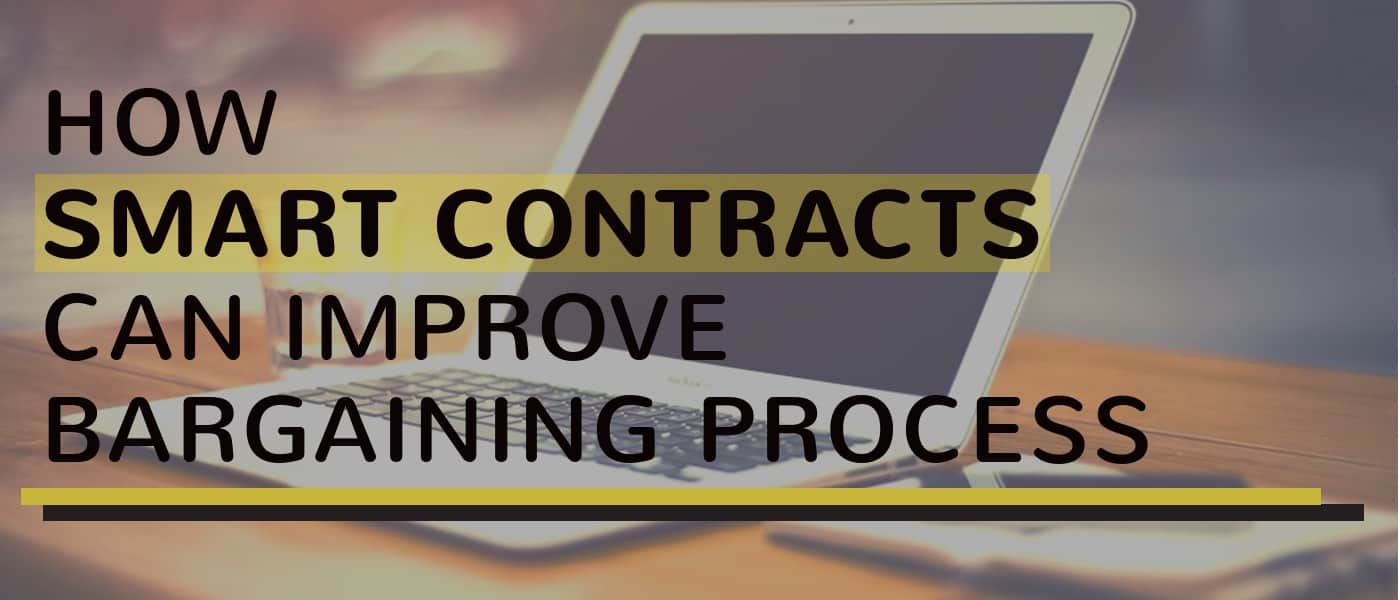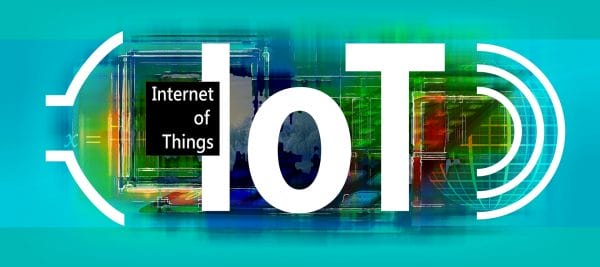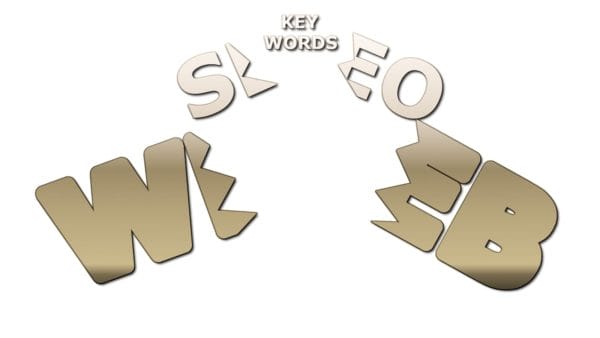The Ways How Smart Contracts Can Improve Bargaining Process and Make It More Secure
Smart contracts were hiding in the shadow of blockchain technology long enough. This technology is able to bring the bargaining process to the entirely new level and automate a lot of processes.
Table of Contents
- What is it?
- Why smart contracts are better than traditional ones?
- How do smart contracts work?
- Why you should use smart contracts
- Several fields where smart contracts can be applied
- 1. Identity
- 2. Securities
- 3. Payments around the world
- 4. Commerce
- 5. Finance
- 6. Mortgage
- 7. Transfer of a property
- 8. Supply
- 9. Car insurance
- 10. Clinical testings
- 11. Disease data
- Pros and cons of smart contracts
What is it?
It is an algorithm designed for concluding and endorsing self-executing contracts in the blockchain environment. These contracts represent code that is stored in the blockchain and managed by the chain of computers. With the help of smart contracts, you can safely exchange your money, property, and other assets. What’s more, all this is possible without any mediators.
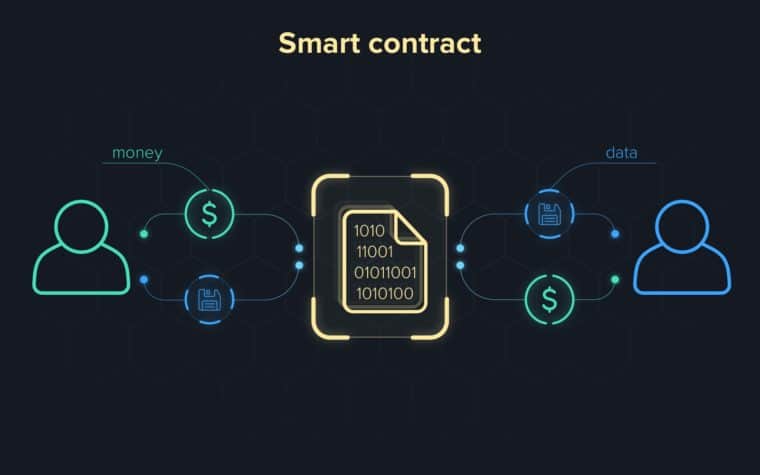
Remember a typical bargaining process: you have to hire a lawyer, pay for the paperwork and wait until it’s finished. Some conditions of paper contracts are often violated during the fulfillment that, in turn, leads to court battles. Those battles may be time-consuming and expensive.
This way, ordinary paper-based contracts cannot build full confidence between two parties.
Why smart contracts are better than traditional ones?
It is simple. A bargain is done via specialized software that monitors and controls the deal from the very beginning till the end. What’s more, it keeps track of how obligations are fulfilled by both parties and fines one of the participants in case of violation.
Smart contracts make bargains easier and allow to avoid spending money on lawyers and other mediators.
How do smart contracts work?
The smart contract is a blockchain-based technology. as you probably know, the blockchain technology is pretty robust in terms of security so smart contracts are very safe too.
Smart contracts store all assets and terms of a contract in the blockchain block. In addition, for the sake of security, the contract data is stored on a big amount of nodes. All the obligations fulfillment by both parties are verified effortlessly since the system takes care of it and verify it automatically.
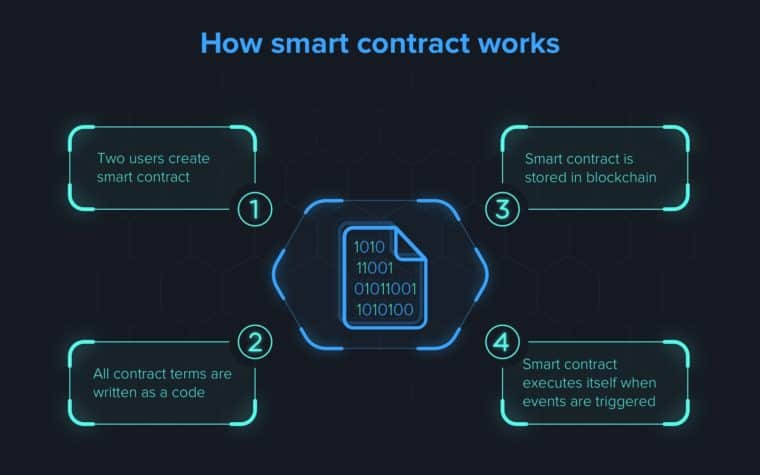
The big thing is that none of the bargain participants are able to change terms of the agreement and so each of them can be sure that all the terms will be fulfilled.
Why you should use smart contracts
Let’s dive deeper into details and see what are the main features of smart contracts.
- The subject of the contract. In case the main subject of the contract are goods or services, the software should have access to them and be capable of denying and granting access to the service.
- Signatures. Each participant of the bargain has to sign an agreement with the help of a digital key.
- Terms of a contract. Terms of a contract are specified consequently and every participant of the bargain has to sign these terms.
- Decentralization. Smart contracts are stored in the blockchain and distributed between a variety of nodes.
Several fields where smart contracts can be applied
1. Identity
Bitcoin-based smart contracts the same as smart contracts based on other platforms help you control the data, assets, etc. It is for you to decide which data will be available for contracts and which will be protected.
2. Securities
This technology is designed to exempt its users from multiple mediators that are needed to transfer securities. Smart contracts automate the payment and management processes.
3. Payments around the world
International payments are made easy with the help of smart contracts. They provide faster transaction processing process and might significantly decrease the number of fees.
4. Commerce
Commercial processes can also become simpler with smart contracts. They can contain all contract terms, standards as well as certifications the provided services or goods have to comply with. In case of deviation from the set parameters, the person who provides those services or goods will have to pay a penalty.
5. Finance
Various financial data can be recorded with the help of smart contracts. This can be useful for different financial organizations as they will be able to gather all their data in one register and make the information exchange a way simpler. Also, it will help to reduce the audit expenses and improve the overall financial reporting process.
6. Mortgage
The process of paying off mortgages can be automated by means of smart contracts.
7. Transfer of a property
Smart contracts can also help in transferring property and protect both parties from fraudulent activities.
8. Supply
The entire supply chain can be controlled with the help of this technology in a real-time mode. This is possible due to web connections that allow tracking the transfer of goods from a warehouse to the store. Such supply-related features are a perfect fit for mobile app development in case you build an app intended to remotely monitor the business processes.
9. Car insurance
The smart contract is able to keep the record of the insurance policy as well as the record containing user’s driving history. If a car accident happened, it could be possible to establish its cause by sending data via the IoT which, as reports suggest, will be installed in the most cars in the future
10. Clinical testings
The data exchange can be modified and automated. This way, different clinics will be able to share information regarding clinical trials and patients with each other in a convenient and safe way.
11. Disease data
Personal disease data can be securely transferred to medical institutions and other places. The patient’s anonymity will be preserved.
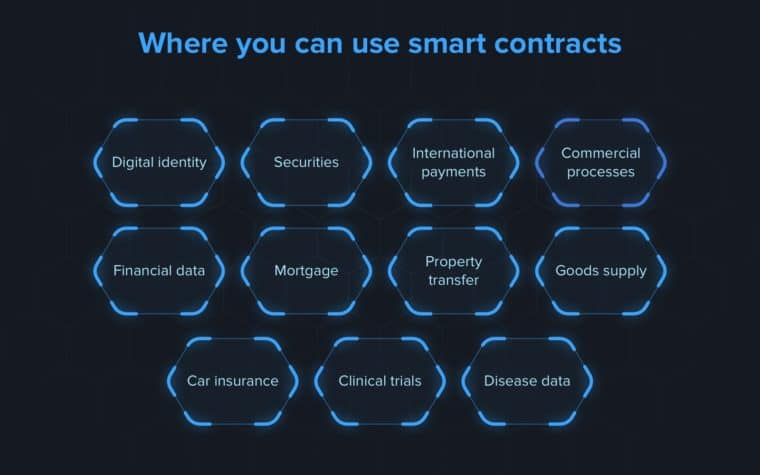
Pros and cons of smart contracts
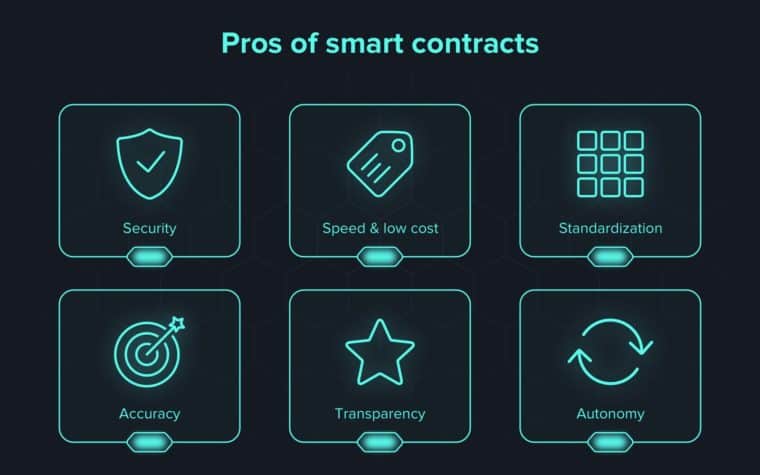
Let’s start with the pros.
- Security. This technology is very secure due to advanced encryption and distributed data storage. Any data losses or unauthorized changes are almost impossible.
- Cost & speed. The absence of mediators like banks, brokers, lawyers makes smart contract an extremely cost-effective solution. In addition, all the main processes are automated that boosts the overall speed of their execution.
- Standardization. There is a variety of ready-made smart contracts you can choose from and use for your specific tasks.
- Accuracy. The human factor is excluded due to the automatization. This means that smart contracts are much less likely to make mistakes and that is what enhances their accuracy.
- Clarity. Every participant can monitor the progress of various operations.
- Self-government. Human beings do not take part in checking and executing processes. Smart contracts do it on their own.
Now, let’s move to their main drawbacks.
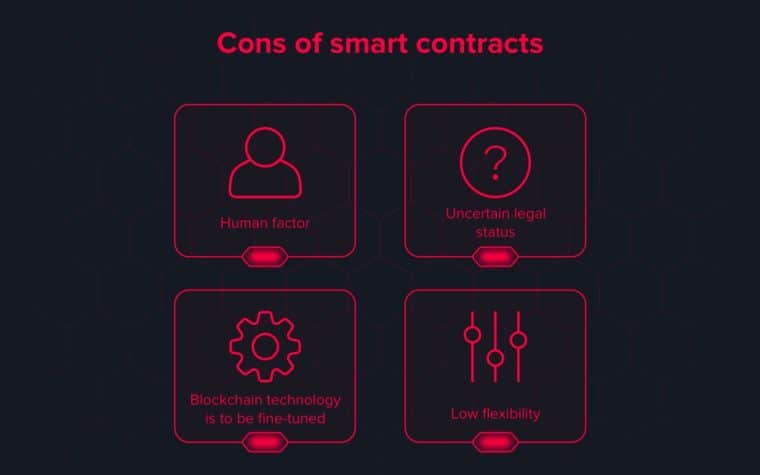
- Human factor. Smart contracts are still developed by humans. This means some mistakes on a code level might occur.
- Legal status. Smart contracts are not regulated by governmental bodies in any country. This means you may be faced with certain problems over time.
- Blockchain. The point is, blockchain itself is in need of technical revision since the scalability and speed of transaction processing are not so overwhelming as desired.
- Flexibility issues. It is impossible to change or add something after the smart contract is programmed.
The smart contracts are quite a perspective technology, but it still needs to overcome several significant problems to become an ultimate solution for every business.
Some of the link on this post may have affiliate links attached. Read the FTC Disclaimer.
Co-Authored With
Nataliia Kharchenko is a Technical Writer at Cleveroad company that offers web and mobile app development services. We are focused on helping startups, small, and medium businesses create competitive and winning software. I enjoy bringing a digital world closer to people and writing about technology, mobile apps, innovations, and progressive management models.

